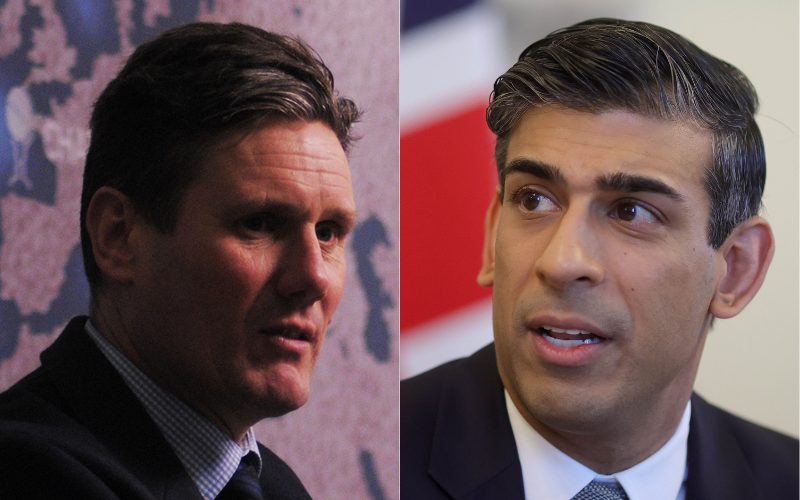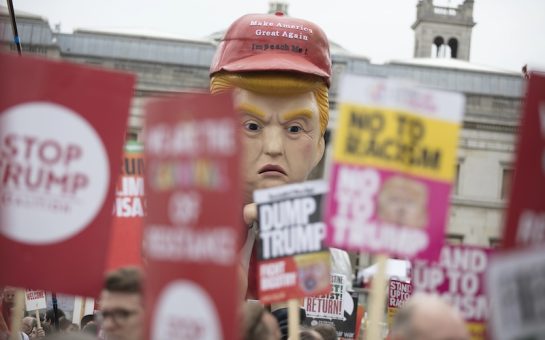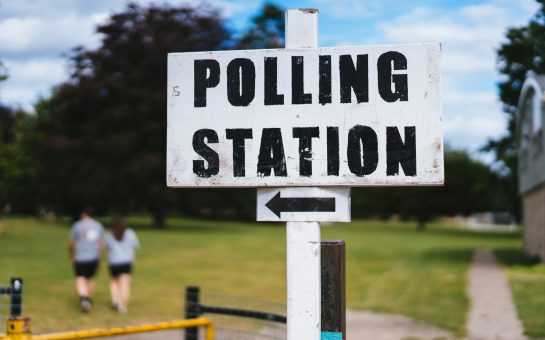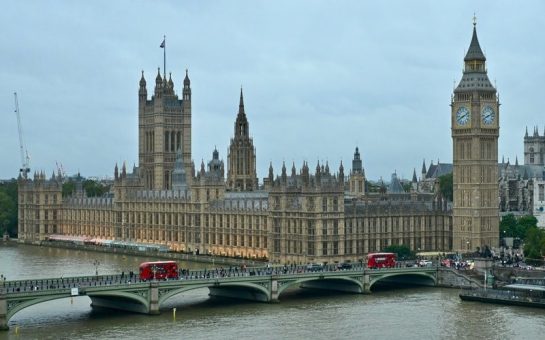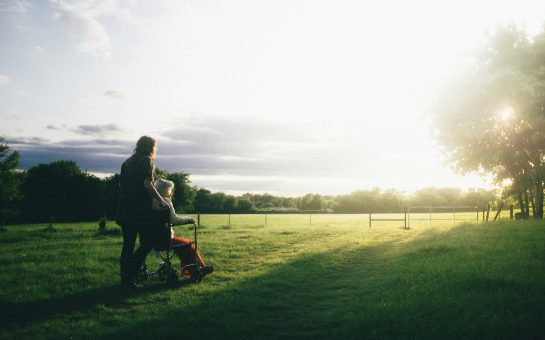Rishi Sunak and Keir Starmer went head-to-head in the first debate of the 2024 General Election Campaign on Tuesday the 4th of June.
The leaders clashed on numerous issues such as tax, immigration and the NHS over 70 minutes.
Both leaders prioritised taking jabs at each other rather than answering the assembled audience’s questions.
Sunak continuously criticised Starmer on his plans, saying: “Our plan is working, people are starting to feel the benefits of it, Keir Starmer will put all that at risk.”
Throughout the debate, he claimed Labour’s plans would cost British households an extra £2,000 which Starmer said was absolute garbage.
Starmer replied: “This government has lost control, if the government loses control on the economy, it is working people who pay the price.”
When pressured with the Prime Minister’s repeated challenges on how he would resolve the NHS Junior Doctors’ strike, Starmer replied with a jibe about Sunak’s short-lived predecessor.
He said: “I wish he had as much to say when Liz Truss was crashing the economy.”
Starmer also mentioned Labour would tackle waiting lists by creating 40,000 additional appointments.
He added: “Sunak said 18 months ago that he would cut NHS waiting lists, they have instead gone up from 7.2 million to 7.5 million.”
Tax was interwoven into the issue of education, with Labour pledging to introduce VAT on private schools in order to hire 6,500 more teachers.
Sunak disagreed with this strategy, the only tax measure that either admitted that they would raise.
Otherwise, both stated they would impliment no increases in income tax, national insurance or VAT.
When asked how they would fund their plans, Starmer said Labour would close the loop-hole on non-dom tax status, and that oil and gas companies should pay their fair share in tax, which Sunak claimed that the Conservative had already done.
The Prime Minister said the Conservatives would ensure the state pension would not be taxed in his triple lock plus policy, and accused Starmer of wanting to introduce a retirement tax.
On education, Sunak said: “Education is the most powerful way that you can transform people’s lives and that he was grateful for all the country’s teachers.”
He hailed the hard work of teachers and reforms of this Conservative government and claimed English schoolchildren are now the best readers anywhere in the Western world.
Starmer replied: “We have maths lessons not being taught by maths teachers.
“Every child should have the core skills in maths as anyone in a secondary school doesn’t have a teacher for a core skill in maths will be harmed for that for life.”
One major policy clash occurred when Sunak appeared to suggest he would pull the UK out of the European Convention on Human Rights if his Rwanda policy didn’t work.
The declaration was met with some applause from the crowd, though a cry of shame could be heard.
Sunak said he believed that the UK’s plans would comply with international obligations.
He said: “But if I am forced to choose between securing our borders and our country’s security or a foreign court, I’m going to choose our country’s security every single time.”
Starmer said under his leadership the UK would not pull out of international agreements and international law, which is respected the world over.
This also got a partial round of applause.
When asked if they would work with recently-convicted felon Donald Trump if he won the US Presidential Election, both said yes as the UK needed a strong relationship with the US.
Sunak challenged Starmer on national security, arguing the Labour Party could not be trusted to keep the country as safe as the Conservatives.
He claimed Labour had not matched the Tories’ decision to raise defence spending to 2.5% of GDP.
Starmer rebutted by invoking his experience as Director of Public Prosecutions, contrasting his legal experience with Sunak’s hedge fund career.
On climate, Starmer said Labour would introduce Great British Energy, a publicly-owned company investing in renewables by 2030, five years ahead of the Conservatives.
Sunak noted the environment was the issue that his two daughters raised with him the most but defended his policies on net-zero, saying the UK would reach its targets and cost households less.
When asked by a younger member of the audience about what they would do for future generations, Starmer said he would focus on further education opportunities and not introduce Sunak’s National Service plan.
He said: “What I won’t be doing is sending you on national service – some sort of teenage Dad’s Army.”
Sunak defended his policy to groans from the crowd, saying: “We do need to do more to make sure young people get the opportunities they deserve.
“That’s why we will introduce a modern form of national service.”
Polling differed over which leader won the debate, with a YouGov poll released late on Tuesday night showing 51% of its respondents felt Sunak won, to 49% for Starmer.
However, a Savanta poll on Wednesday morning, suggested that 44% thought that Starmer won against 35% for Sunak.
The next debate will be a 7-way BBC debate on Friday in which neither Sunak or Starmer will take part in.
The Conservatives will be represented by Leader of the House Penny Mordaunt, while Labour will be represented by its Deputy Leader Angela Rayner.
Daisy Cooper (Liberal Democrats), Stephen Flynn (Scottish National Party), Carla Denyer (Green Party of England and Wales), Rhun ap Iorwerth (Plaid Cymru) and Nigel Farage (Reform UK) will also take part.
Image credit: Andrew Parsons / Number 10 Downing Street and Chatham House
